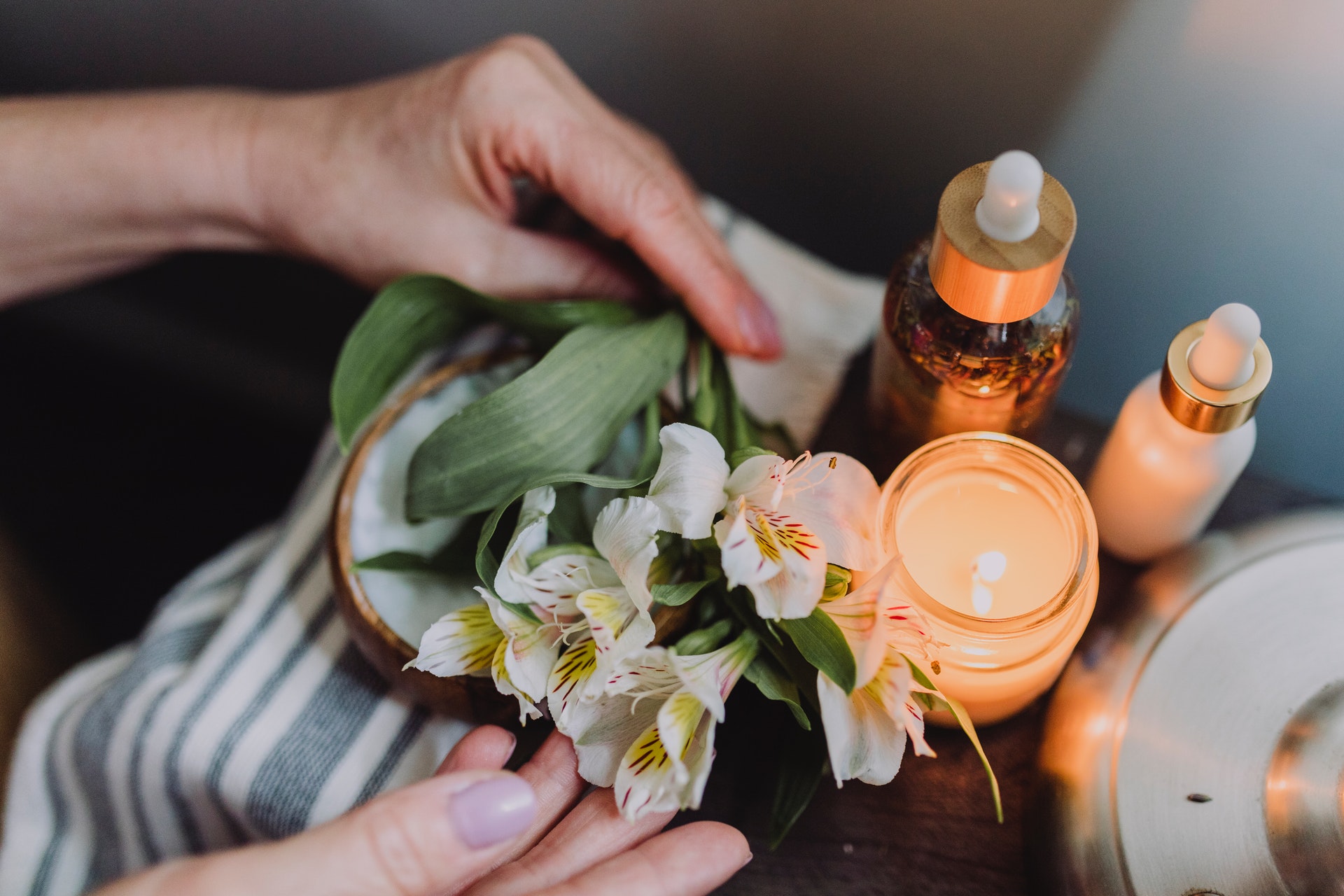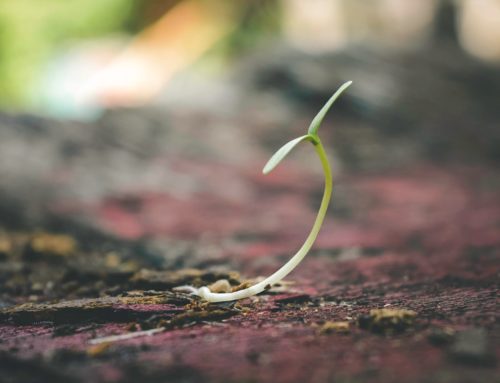After living away overseas for several years I remember vividly the scent of the eucalypts as I came off the aircraft. I hadn’t smelt that for at least three years when I left Australia to study in Aberdeen, Scotland. The aroma of the gum trees flowed over me like a wave of nostalgia telling me I was home. There is something potent about our sense of smell. It can conjure up memories long forgotten; it can evoke powerful emotions. The smell of freshly baked bread takes me back to my childhood where I enjoyed sitting in the warmth of the bakery watching the baker with his long wooden paddle bringing the loaves out of his old Scotch Oven.
Our sense of smell is one way by which we experience life, and when we lose that sense – even temporarily as some have found who have contracted the Covid virus – it’s quite distressing. Our sense of smell is a way of knowing that is different from our cognitive thinking, but it is an equally important and vital way of understanding our world, a way of knowing. Writers in the early church often spoke about the ‘scent of salvation’ or the ‘fragrance of life’, referring to the use of incense in worship that became associated with prayer. The connection between incense and prayer is ancient, and we find it in so many different cultures and expressions of religious faith. In our Judeo-Christian tradition Psalm 141, often used in evening prayer, says, ‘Let my prayer rise before you like incense, the lifting up of my hands as an evening sacrifice.’ So, for many people the scent of incense is a bit like a call to prayer, and invitation to engage with the holy.
Our Gospel reading this Sunday recounts the story of Mary of Bethany pouring a pound of costly perfume over Jesus’ feet so that suddenly the whole room is filled with the fragrance. No one could have missed that moment unless they had a stuffed-up nose due to a head cold. It was a very public act and a powerful expression of gratitude and love. Jesus had just restored Mary’s brother Lazarus to life and to his family, and Mary clearly wanted to show just how much that meant to her and to her family. She wanted to give a gift to Jesus and did so in a very intimate way by anointing his feet with this scented oil and wiping his feet with her hair. She clearly loved Jesus, and yet for some in the room her act was just a tad too personal and shocking. In such a culture a woman would never let her hair down in public.
That she let down her hair and wiped Jesus feet was far too intimate a gesture but what was worse was throwing away the value of that costly perfume on Jesus’ feet, when the perfume could have been sold and the money used to feed the poor – that was an outright scandal – and Judas (the treasurer of the group) made his views known very clearly on the matter.
Mary wanted to honour Jesus and Jesus accepted the gift she gave, acknowledging the cost to her dignity and her purse. He knew how important it was for her to show her love and gratitude and the aroma of that scent spoke volumes of the beauty and wonder she intended to give. Judas’ reaction is very understandable and I’m sure that most of us can see his point, but at the same time it pours cold water on Mary’s gesture and threatens to ruin the evening in argument and accusation. Sometimes we can find it hard to accept the gifts that others want to give us, even if that gift is a compliment, and when we brush it aside it’s like we discount the gift being given to us and also the one who gives it.
However, Jesus sees it as anointing prior to his saving death on the cross, a death that will bring life and hope to all.
Where are you in this story? Are you sitting at Jesus’ feet with Lazarus and Mary, serving food with Martha, watching on like the other disciples or complaining with Judas?
Peter
Photo by RODNAE Productions: https://www.pexels.com/photo/healthy-nature-fashion-love-6724508/





